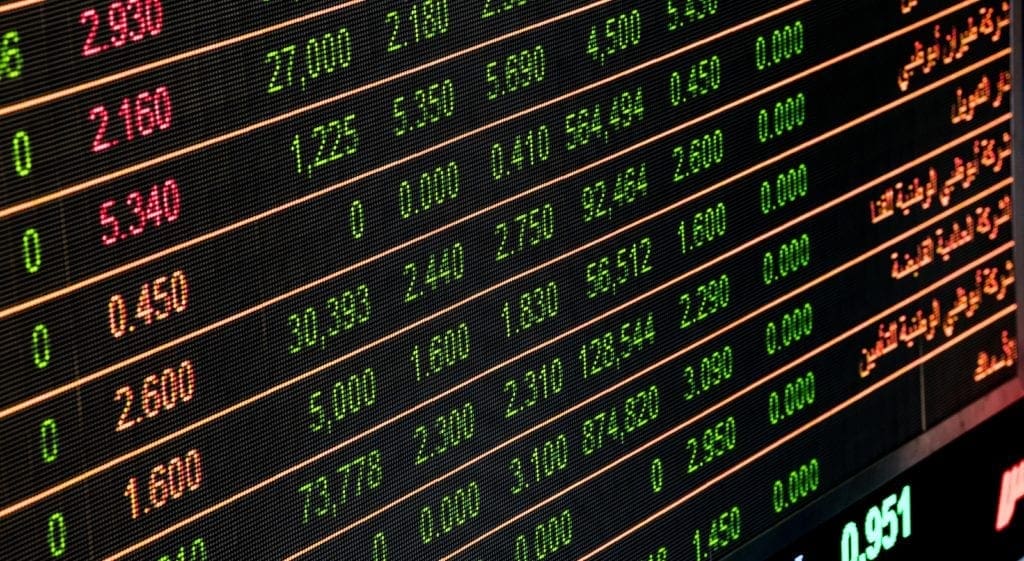Ever the doomsayer, Peter Schiff predicts a dire future lies ahead for the American economy.

Despite the hype from President Trump of being the charge of the best economy in U.S. history and a recent stock market rally, Schiff affirms that an economic recession is just on the horizon.
Indeed, there is plenty of data that show promising economic figures since Trump took office. Trump passed several pro-growth reforms like his tax cuts and his executive order to reverse Obama era regulations. However, in a recent podcast episode, the financial commentator sustains that the growth under the Trump administration is unsustainable due to it being built on debt.
Schiff provided some sobering analysis of the current economic situation when compared to the previous decade. Going back to 2005, the national debt rose by $554 billion in that year alone. In Schiff’s view, that borrowing “bought” 3.5 percent economic growth. Fast forward to 2018, the national debt increased by a whopping $1.27 trillion. To put this in perspective, that’s more than twice the debt increase of 2005.
As Schiff notes, this debt-financed growth is unsustainable because it came at a heavy cost. The U.S. has had “to increase the amount of debt that we had by a lot more than the percentage that the economy grew.”
It’s not just the government that’s up to its neck in debt. Governments are often a reflection of the general culture they preside over. American household debt is at record numbers.
Peter Schiff correctly noted that “We’re not richer because of this economic growth.”
Debt-fueled growth is an illusion, at best, as Peter Schiff notes:
“If your debt is growing faster than your economy, then you’re not getting richer. You’re getting poorer. You would have been better off without the debt and without the growth … We’re borrowing ourselves into poverty. We’re not borrowing ourselves rich. We’re borrowing ourselves broke.”
Savings are the key ingredient for a capitalist economy to function. Whenever an economy is based on money printing and borrowing, there is very little incentive to save. Ludwig von Mises had it right in The Anti-Capitalist Mentality:
“The only source of the generation of additional capital goods is saving. If all the goods produced are consumed, no new capital comes into being.”
Whether Schiff’s predictions manifest themselves in the near future is up for debate. However, Schiff is correct from a big picture perspective.
The American economic system is built on a house of cards. From its burdensome tax code to its central banking policies, the U.S. economy has been trending towards massive government control over the past century.
With a bloated entitlement state on top of its well-funded military-industrial complex, the U.S. will have to come to terms with an impending fiscal collapse in the next decade or so.
The American populace will, unfortunately, end up impoverished as a result.




















